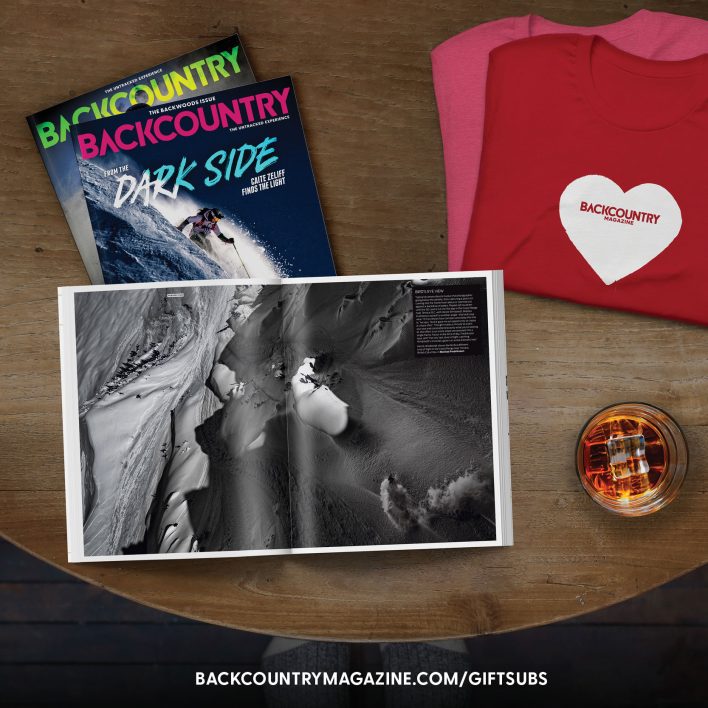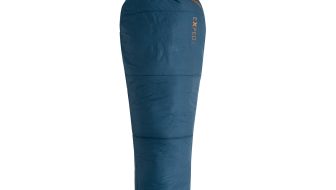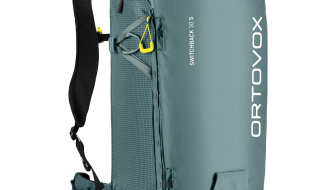No matter what your stodgy uncle says, climate change is happening and, by many accounts, it’s poised to mess with our winters. “People have done studies looking at Colorado, the Wasatch here in Utah, Pacific Coast Ranges, and across the board we’re looking at, by the end of the century, 3-5° Celsius in warming,” says Matt Jeglum, a PhD candidate studying atmospheric sciences at the University of Utah. “That’s big.” And at November’s Utah Snow and Avalanche Workshop, Jeglum presented on the potential impacts of climate change on avalanches and how overall climate trends may affect snowpack.
“Droughts are going to be drier, and big, wet storms are going to be wetter,” Jeglum says. “Part of what’s going to happen with climate change in the future is that the extremes are going to get more extreme.”And based on recent modeling studies, Jeglum hypothesizes that, due to rising temperatures, avalanche cycles will start occurring earlier in the season. Warmer temperatures will also mean more frequently rain at higher elevations. “We’re going to see more scenarios where’s there’s more rain, more rain on snow, and then avalanche issues related to rain on snow,” Jeglum says. Those rain-on-snow events can be extremely destructive, with water adding to the weight of snow and weakening bonds, creating potential for large slab avalanches.
Despite an overarching slow, downward trend in snowfall, natural weather variability on a year-to-year basis means that your great grandkids still might experience blower seasons—and the same level of avy risk that’s around today. “What does it mean for backcountry skiing and forecasting avalanches? It’s really going to be dominated by the week-to-week and year-to-year changes that we’ve always seen,” Jeglum says. “But 150 years from now, the climate could be different enough that the snowpack and temperatures that are normal now could be really rare.”
—
For more on topics like this, join the editors of Backcountry Magazine at Jackson Hole Mountain Resort from March 7-8 for the GORE-TEX Backcountry Basecamp Tour, presented by Voilé, Marmot and AIARE. All weekend, Backcountry Magazine staff will showcase the newest backcountry equipment, AIARE educators will conduct demos and classes, and Jackson Hole Guides will take visitors on complimentary backcountry tours. For more on the event, including the party and raffle to benefit Teton County Search and Rescue, visit backcountrymagazine.com/basecamp.


![A retreating, climate-change-affected glacier in Icy Bay, Alaska. [Photo] U.S. Geological Survey](http://backcountrymagazine.com/wp-content/uploads/2015/02/climatechange.jpg)








Climate change is not inevitable. Humans caused it and humans can reverse it.